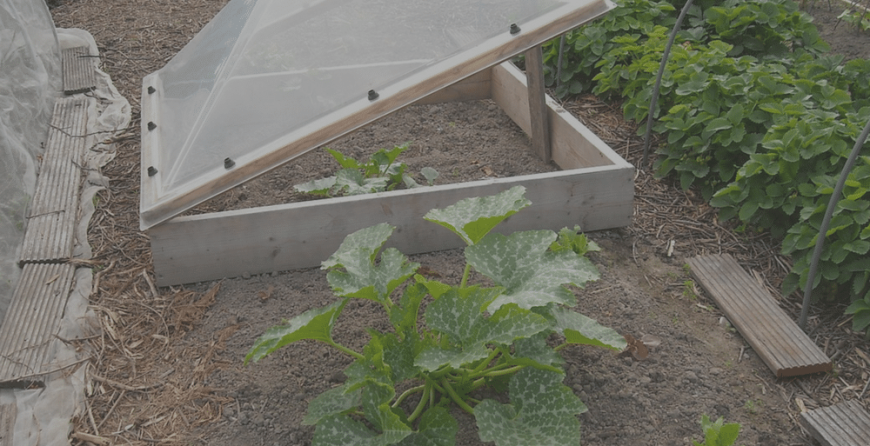 Organic gardening has gained popularity over the past years for obvious reasons. People want to consume healthy, chemical free food. As such, they are ready to spend time farming. But, healthy crops and produces can only be achieved if you start your organic gardening journey right. Just like all result-oriented activities, organic farming has its dos and don’ts.
Organic gardening has gained popularity over the past years for obvious reasons. People want to consume healthy, chemical free food. As such, they are ready to spend time farming. But, healthy crops and produces can only be achieved if you start your organic gardening journey right. Just like all result-oriented activities, organic farming has its dos and don’ts.
Tips for first-time gardeners
Start small
Starting a garden requires a lot of time, energy, and dedication; factors that increase as your garden size increases. As such, it is advisable to start small as you learn the basics. Starting small does not necessarily mean growing few crops, it means using a small portion of your garden. You can grow a lot of vegetables and foods in a small portion. So, you learn how to maintain a garden as well as how to grow a wide variety of crops.
Grow crops you love to eat
It is possible to get caught up in the excitement of starting a garden and end up buying too many seeds. However, it is advisable to start with fruits and vegetables you can consume with your family. Your first growth season should a learning opportunity.
Seeds planted directly to the garden
Some crops thrive if planted as seeds and others as seedlings. Corn, radish, peas, cucumbers, lettuce, beans, squash, watermelon and spinach should be started as seeds.
Plants grown as seedlings
Though these plants can be started as seeds, they thrive better if started as seedlings especially if you are a beginner. They include; peppers, tomatoes, cabbage, cauliflower, broccoli, and Brussels sprouts.
Buy vegetable starts at your local garden nursery
As a beginner starting vegetables may be daunting and you may also not know the vegetable seed types that thrive in your region. Hence, you should buy starts at your local organic garden nursery until you are familiar with the seed types and how to start them effectively.
Learn your garden zone
Learning your areas frost dates helps in determining the right time to cultivate your garden. Frost kills healthy crops so, understanding your garden zone will save you money and time.
Choose a good first garden location
Most vegetables require sunlight for at least 6 hours to thrive. So, when choosing your garden location, go for an open area that has access to direct sunlight. Avoid an area with trees, tall fences and other vegetation that may block sunlight.
Have a garden journal
Learning is key for every first time gardener. Hence the need to have a gardening journal where you list what you plant, when you plant, how it grows as well as how and when you harvest it. You should also indicate the challenges you encounter during the growth season to learn from your mistakes in the future.
Mulch
Mulching retains moisture and keeps your garden weeds free. Mulch is obtained from wood chips, grass clippings, and straw.
Spend time in your garden daily
Inspecting your garden daily keeps you up-to-date with crop changes, you notice weeds and bugs before they become problematic. Above all, you monitor growth and learn how and when crops change as they grow.


